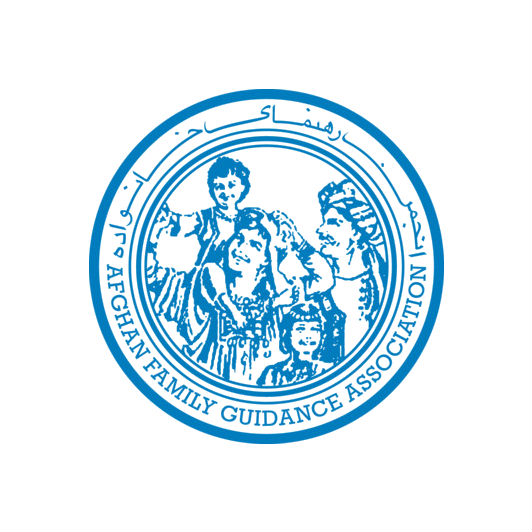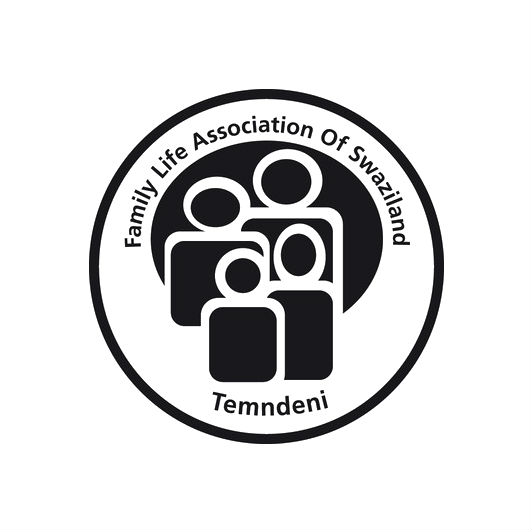

| 31 March 2016
Afghan Family Guidance Association
The Afghan Family Guidance Association (AFGA) was established in 1968 and today delivers a comprehensive range of sexual and reproductive health services and programmes. The country has some of the poorest sexual and reproductive health (SRH) statistics in the world, including: 1 in 8 lifetime risk of maternal death 13% of women aged 15-19 give birth annually 28% of children die before they reach their 5th birthday In the light of such fierce challenges, AFGA’s work is vital. Activity was suspended between 1992 and 2002 owing to war and conflict, but now the organization has permanent clinics and mobile facilities. AFGA’s Family Welfare Centres (located in Kabul, Herat and Jalalabad) provide information on contraceptives, and free contraception; counselling on family planning, adolescent health and HIV and AIDS prevention and treatment; antenatal and post-natal care (where no government-run facilities are readily accessible); screening and treatment of sexually transmitted infections (STIs); basic infertility treatment; and referral of complicated cases to hospital departments. Contacts Website: www.afga.org.af Facebook https://www.facebook.com/afganfamilyguidance

| 31 March 2016
Family Life Association of Eswatini (formerly Swaziland)
For over 30 years, the Family Life Association of Eswatini (FLAE) has provided sexual and reproductive health (SRH) services to the people of Eswatini (formally Swaziland). While family planning, antenatal, post-natal and post-abortion care form a key part of FLAE’s services, there’s a significant focus on HIV and AIDS programmes. Swaziland has some of the highest HIV and AIDS prevalence rates in the world. As a result, the prevention and management of HIV and AIDS, the provision of voluntary counselling and testing (VCT), and the prevention of mother to child transmission (PMTCT) are central to FLAE’s work. FLAE has 15 service points, including 4 permanent clinics and 12 mobile facilities, staffed by a permanent team of 40 backed by 230 volunteers, 180 Youth Action Movement members and 29 peer educators. Young people are a particular target for HIV and SRH sensitization. One of FLAE’s youth centres has its own radio studio, where young people make their own programmes concerning SRH issues. These are then played during FLAE’s roadshows and by major radio stations for nationwide broadcast. This is one strand in an innovative approach to communication. FLAE peer educators also provide training to the country’s Business Coalition Against AIDS. Health, youth, education, women’s and regional development ministries are key partners for FLAE, and it has links with a large number of non-governmental organizations, including the Swaziland National Youth Council, Swaziland Health and Population Education, Population Services International, the Swaziland National AIDS Programme and PACT. Private sector partnerships include the Business Coalition Against HIV/AIDS and SWANNEPHA (a national network of organizations for people living with HIV and AIDS). FLAE is a member of the SRH Steering committee, the Gender Consortium and the Male Circumcision Task Force.







